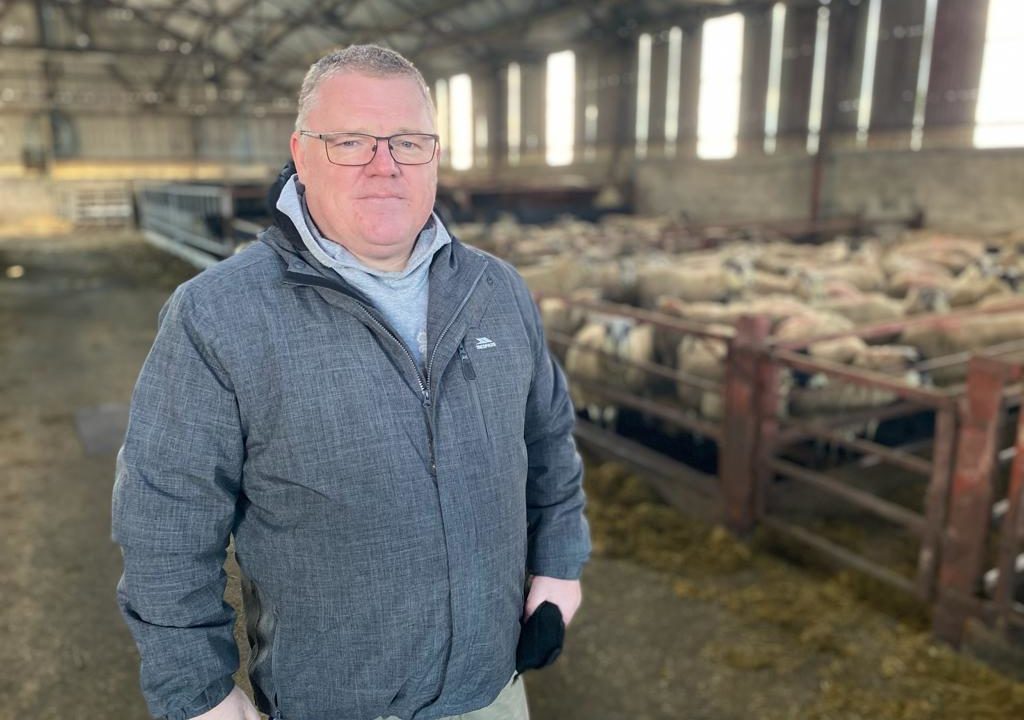The Northern Ireland Assembly is to undertake a review which will identify how much women are under-represented at farm management level.
Stormont’s agriculture (AERA) committee chair Declan McAleer has said that steps must be taken to recognise the huge contribution that women make to the agriculture sector.
McAleer was speaking ahead of the launch of an inquiry by the AERA committee into the barriers faced by women in the farming sector.
“It is regrettable that Ireland has one of the lowest proportion of female farm managers across Europe. In the north, only 9% of farms have women registered as the main farmer while the EU average is 29%,” McAleer said.
‘Women play a huge role in managing farm businesses’
“Women play a huge role in managing farm businesses but their work is largely ‘invisible’. The patriarchal system where land is passed from father to son has been hugely detrimental to the succession of women as farm managers,” he continued.
“This practice is reflected by the fact that only 12% of landholders in the south are women.
“Whilst it is important that we take steps to address the historic under representation, it is also vital to stress that at this time of great challenge and change for the sector, farming needs more women at the helm,” he added.
“They are more adaptable to change and more likely to engage in diversification.”
A 2018 Department of Agriculture, Environment and Rural Affairs (DAERA) equality Indicator Report found that women were twice as likely as men to diversify and engage in ‘Other Types’ of farming activity.
“The issue of redressing gender imbalance is central to the new EU Common Agricultural Policy,” said McAleer.
“Unfortunately, we are no longer in the EU, so we must take steps to ensure that gender equality is central to our new farm policy here in the north.
“We already have seen some good examples from the south who are bringing forward incentives such as increasing the grant rate to 60% for women under the Targeted Agriculture Modernisation Scheme (TAMS) and introducing Knowledge Transfer groups specifically for women.
“I believe there are lessons and good practise that can be learnt from other jurisdictions and countries but in the first instance the committee want to hear from local people, particularly women, about the barriers they experience and how these can be overcome.
“I strongly encourage people to complete the survey online using Citizenspace. The link will be on our committee page from Friday and will run for six weeks.
“We intend to collate the findings and use these to make recommendations for future policy provision. I strongly encourage people to have their say on this important issue,” he concluded.
